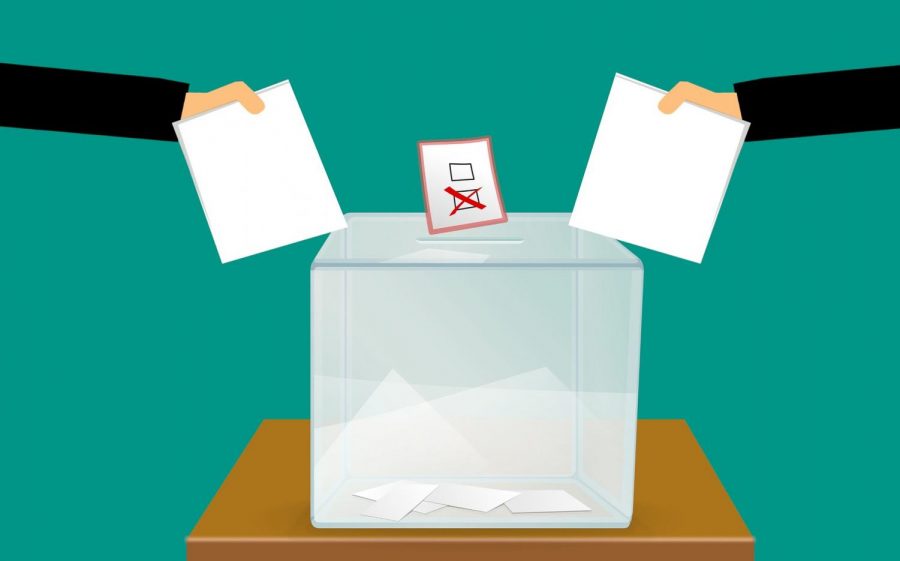Iowa Caucus Overshadowed by Reporting Inaccuracies
Feb 13, 2020
Close to 176,000 registered Iowans filed in line at their local caucuses on Monday, Feb. 3. As noted by the Associated Press, this number marks a slight surge from the 2016 contest between Sen. Bernie Sanders and Secretary of State Hillary Clinton.
However, the final headcount still pales in comparison to the 2008 caucus turnout of approximately 280,000 participants. This is lower than the expected attendance, according to AP, and might indicate a continuation of Iowa’s GOP leanings. It’s a state that Trump won by a 10% margin against Clinton in the 2016 general election.
On the night of the caucuses, party officials announced a delay in releasing final results as they conducted “quality control” checks. The party then began releasing batches of results throughout the week. By Wednesday, Feb. 6, The New York Times reported that “more than 100 precincts reported results that were internally inconsistent, that were missing data or that were not possible under the complex rules of the Iowa caucuses.”
According to the Des Moines Register, Shadow Inc. developed the app that the Iowa Democratic Party used in reporting the precinct vote totals. The app had been working without noted exception until the DNC ordered a security patch less than two days before the caucuses. However, DNC spokeswoman Xochitl Hinojosa, in a written statement to the Register, said “[the] DNC has absolutely no involvement in the development or coding of the app, and to blame the DNC is false.”
The CEO of Shadow Inc., Gerard Niemira, told the online magazine Motherboard that the company hadn’t prepared a final version of the app until “pretty close to caucus time.” ProPublica also reported that the app was so vulnerable that “vote totals, passwords and other sensitive information could have been intercepted or even changed.” In light of the caucus-night chaos, many people have raised questions regarding why the Iowa Democratic Party did not accept an invitation by The U.S. Department of Homeland Security to test the app.
The Des Moines Register also discovered that former Vice President Joe Biden and former South Bend, Indiana, Mayor Pete Buttigieg contributed funds to Shadow in 2019, while the Iowa Democratic Party also contributed $63,184 to the company.
By Thursday, Feb. 5, the Associated Press announced that it would not declare a winner in the Iowa Caucus due to inconsistencies. The New York Times found that “[in] some cases, vote tallies do not add up. In others, precincts are shown allotting the wrong number of delegates to certain candidates. And in at least a few cases, the Iowa Democratic Party’s reported results do not match those reported by the precincts.”
As of Sunday, Feb. 9, with one precinct still unreported, Buttigieg and Bernie Sanders led the pack of potential nominees. Buttigieg has 13 pledged delegates, while Sanders has 12. In the popular vote, Sanders received 43,671 votes, giving him a 6,000-vote edge over Buttigieg.












